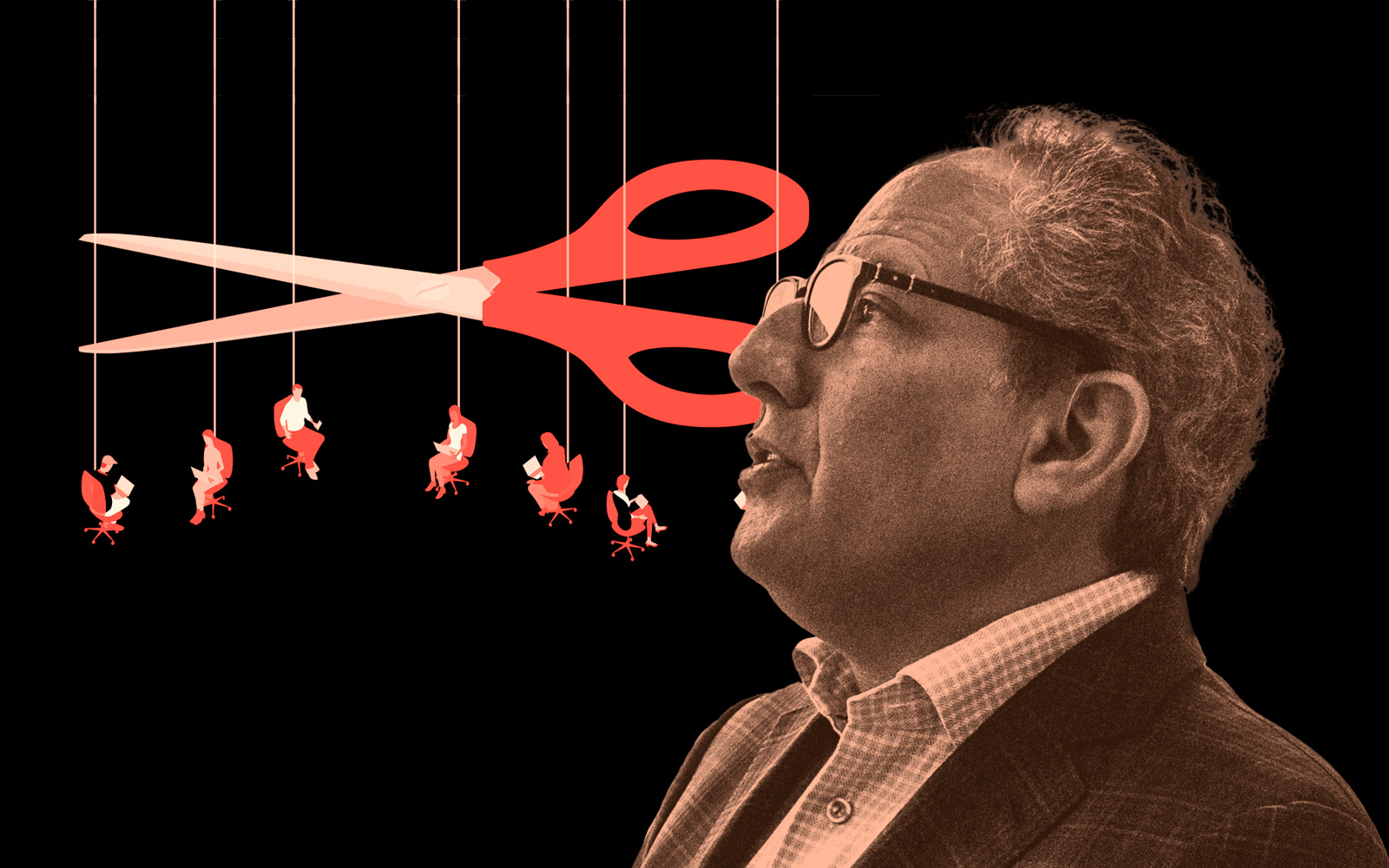Affordable housing giant Fairstead and partner-turned-competitor Will Blodgett have been locked in a messy divorce for over three years. Who won arbitration? It depends on who you ask.
An April 2 decision says affordable housing giant Fairstead “substantially prevailed,” and agreed with claims that the firm’s former co-founder Blodgett plotted to take over the company before he was fired and launched competitor Tredway. But after the decision, Blodgett expects to walk away with tens of millions of dollars.
Blodgett’s legal team sees the decision, along with an earlier one out of a Delaware court, as a decisive win related to his claim that Fairstead is wrongfully denying him a portion of the firm’s profits.
Fairstead, however, argues that a court in Delaware will make that determination — and that the arbitration decision is a resounding victory for the company. The arbiter, after all, agreed that Blodgett misused the company’s proprietary information and enlisted other employees in a plan to take control of the company.
One point of agreement: The fight between Blodgett and Fairstead is far from over.
Fairstead, which was founded in 2013 by Jefrey Goldberg, Stuart Feldman and Blodgett, now has $7.8 billion in assets and projects in the pipeline and more than 25,000 housing units across 28 states. As the company rapidly grew over the years, Blodgett and other employees grew increasingly frustrated that they couldn’t share directly in the company’s success through equity stakes.
Most of Blodgett’s compensation consisted of carried interest, or a portion of the profits from the company’s special-purpose property ownership subsidiaries. Frustration over the compensation schema led to discussions about restructuring the company, which the arbitrator characterized as Blodgett’s attempts to take control of the firm.
By September 2021, Blodgett was terminated, and Fairstead indicated that his interest in the subsidiaries would be canceled. Blodgett filed a lawsuit in response, alleging that Fairstead wrongfully deprived him of tens of millions of dollars in profits after he left and started a new firm, Tredway. In a countersuit, Fairstead accused Blodgett of a conspiracy to drive out the other two leaders at Fairstead and downloading a trove of the company’s documents with the intent to take control of Fairstead or form his own firm.
The company cited these activities as its reasons for firing Blodgett and depriving him of carried interest.
The April 2 decision shot down Blodgett’s argument that he was fired from Fairstead in September 2021 without reason. Arbitrator Kathleen Roberts found that, in his quest to control Fairstead or create a spinoff firm, Blodgett violated the firm’s confidentiality terms and his fiduciary duties as an employee. She pointed to the fact that Blodgett forwarded internal Fairstead documents to the family offices of his in-laws, the Tisch and Sussman families, “for the purposes of aiding his takeover plans, or if that failed, his new venture efforts.”
Roberts described Blodgett as “determined if not obsessed” with taking control of Fairstead, minimizing the role of Feldman and Goldberg or alternatively, forming a separate entity funded by “the family offices of his billionaire in-laws.”
The decision also, however, stated that “Blodgett is entitled to a declaration… that the Employment Agreement does not entitle any Respondent to cancel Blodgett’s entire interests.” Instead, his violation of the employment agreement means he must “forfeit his interests in pending transactions.”
A February decision out of a Delaware court found that provisions of operating agreements governing the special-purpose property ownership subsidiaries “[do] not provide an affirmative termination or forfeiture right” related to Blodgett’s interests.
“The core issue in this case is straightforward: Did Fairstead have the right to take Mr. Blodgett’s equity? The legal system has answered with a resounding no,” Jacob Buchdal, an attorney for Blodgett, said in a statement. “Mr. Blodgett won, as both the Arbitrator and the Delaware Chancery Court have ruled in his favor and made it clear that Fairstead had no right to appropriate tens of millions of dollars of his equity. That fact is indisputable.”
Fairstead does dispute it, pointing to the fact that the Delaware decision did not address two other ongoing claims related to the operating agreements. It expects the forfeiture of Blodgett’s interests to be addressed later in court.
“We are pleased that the arbitrator found that Mr. Blodgett engaged in widespread misconduct including outright theft of Fairstead’s property and breaches of his fiduciary duties,” Michael Carlinksy, an attorney for Fairstead, said in a statement. “The Arbitrator forfeited his pending interests and further consequences of his conduct, including forfeiture of his other interests, will be addressed in subsequent court proceedings.”
The arbitrator indicated that while Fairstead did not prevail on all of its claims, it should be awarded attorneys’ fees because it “substantially prevailed on the critical claims and issues presented in arbitration.” The fees will be calculated according to attorney services related to Fairstead’s successful claims.
Still, the arbitrator rejected Fairstaid’s claim that Blodgett owed the company more than $34 million for failing to disclose a business opportunity in the form of an off-market transaction in March 2022. The decision also found that Fairstead did not prove that Blodgett “used Fairstead’s information to obtain an advantage over competitor,” or tried to usurp the company’s business opportunities.
Read more

Fairstead axes at least 10% of workforce: sources

Fairstead claims ex-partner inflated billion-dollar deal

Fairstead fires back, alleges Blodgett threatened to go “torched earth”

